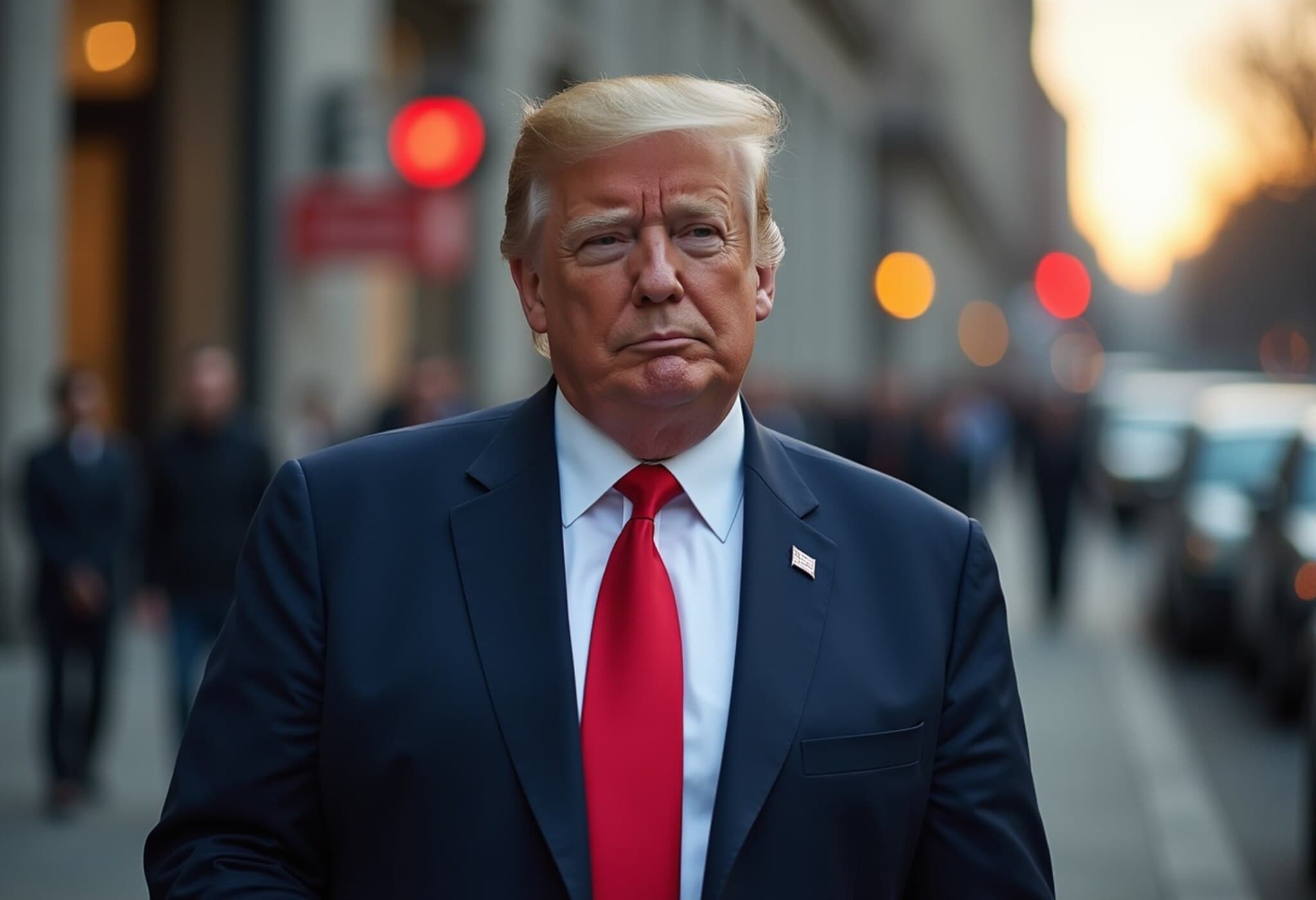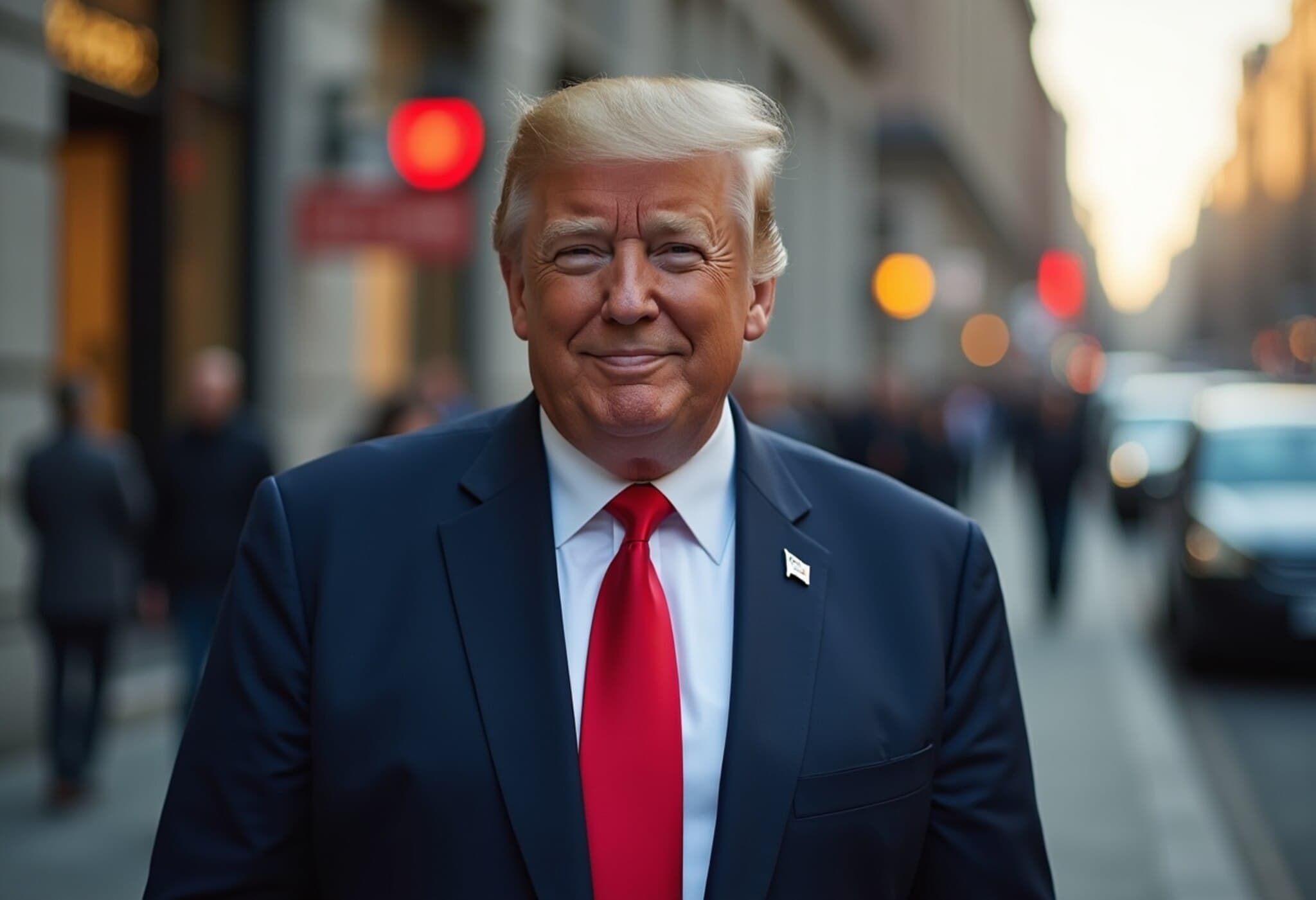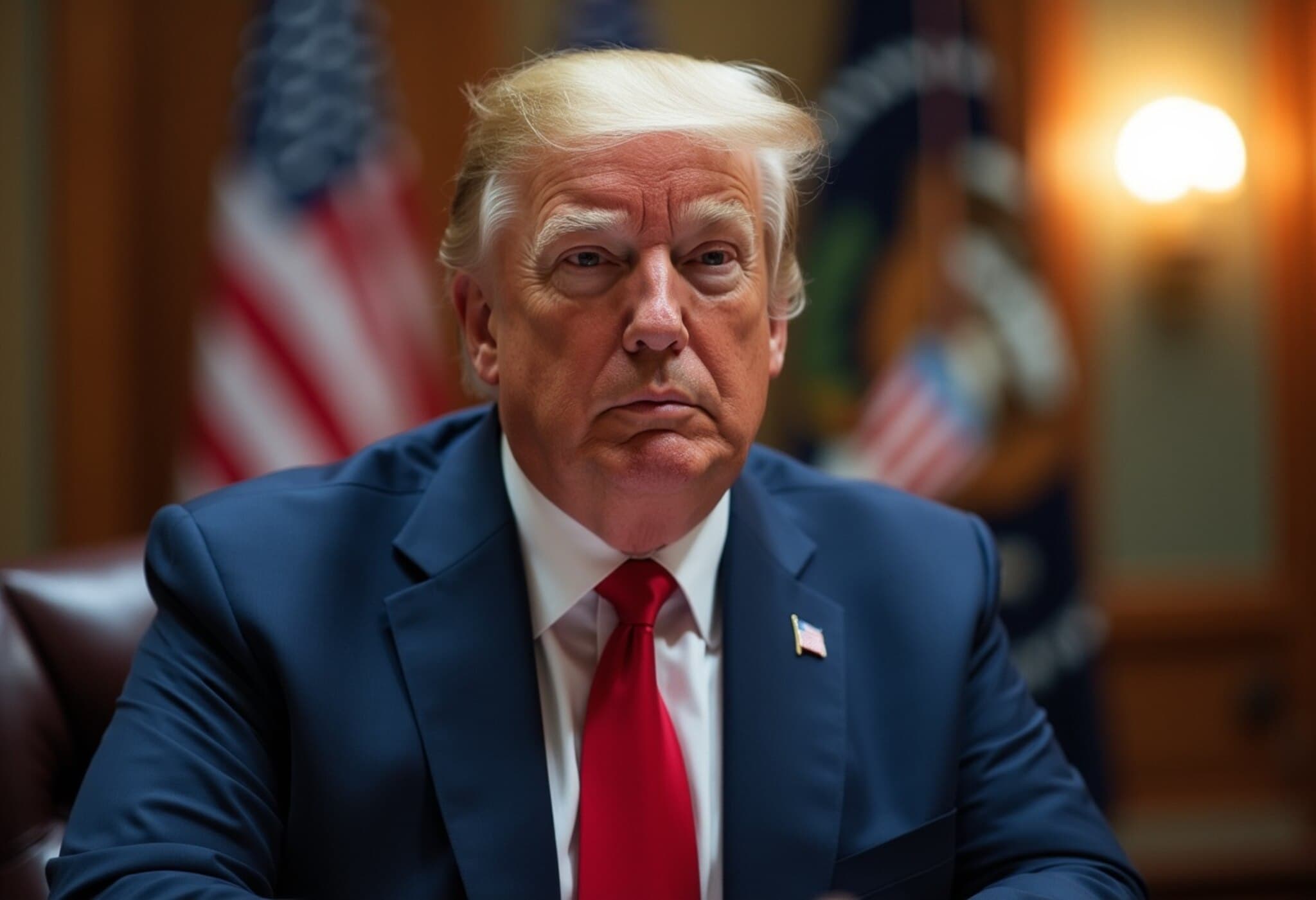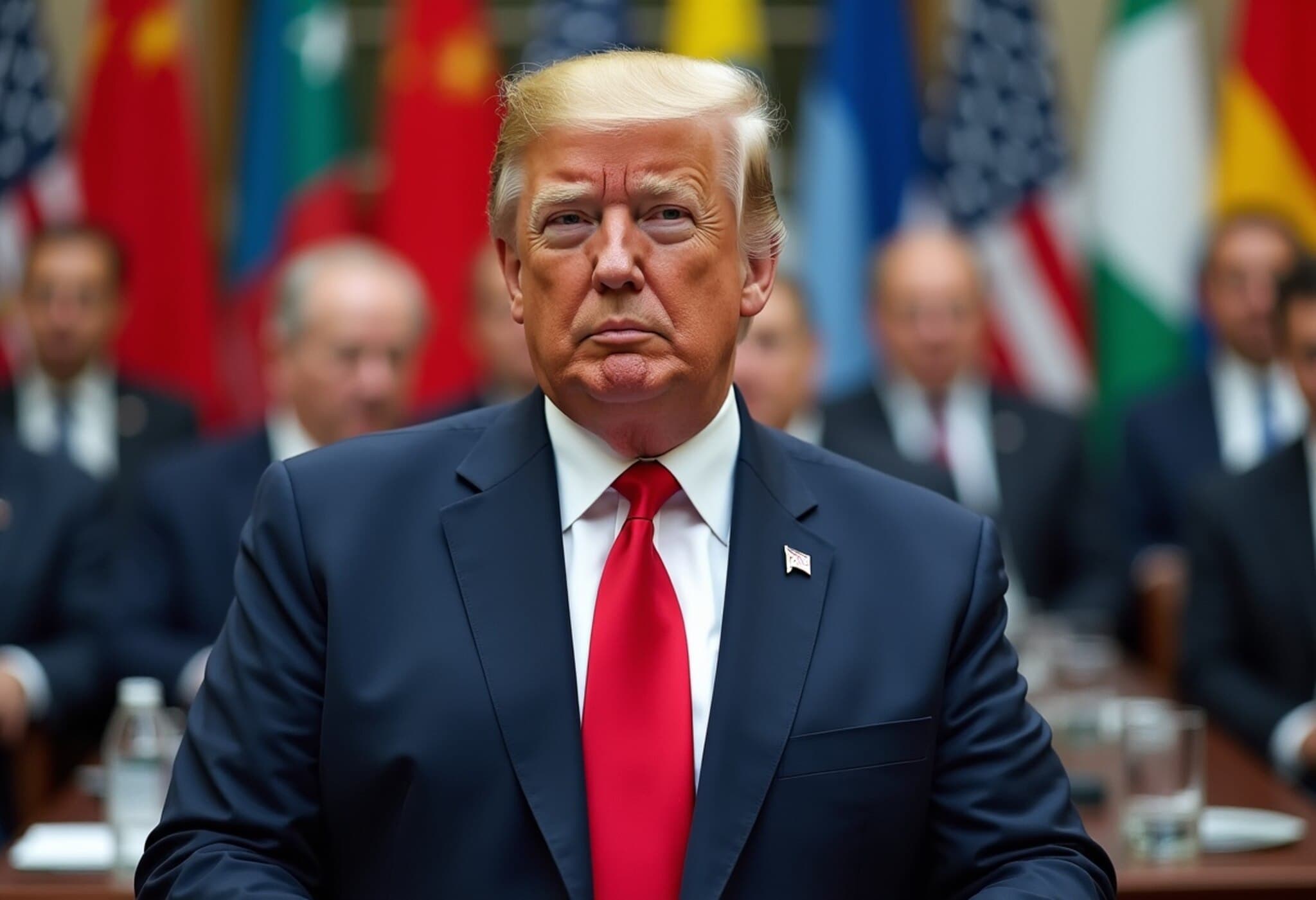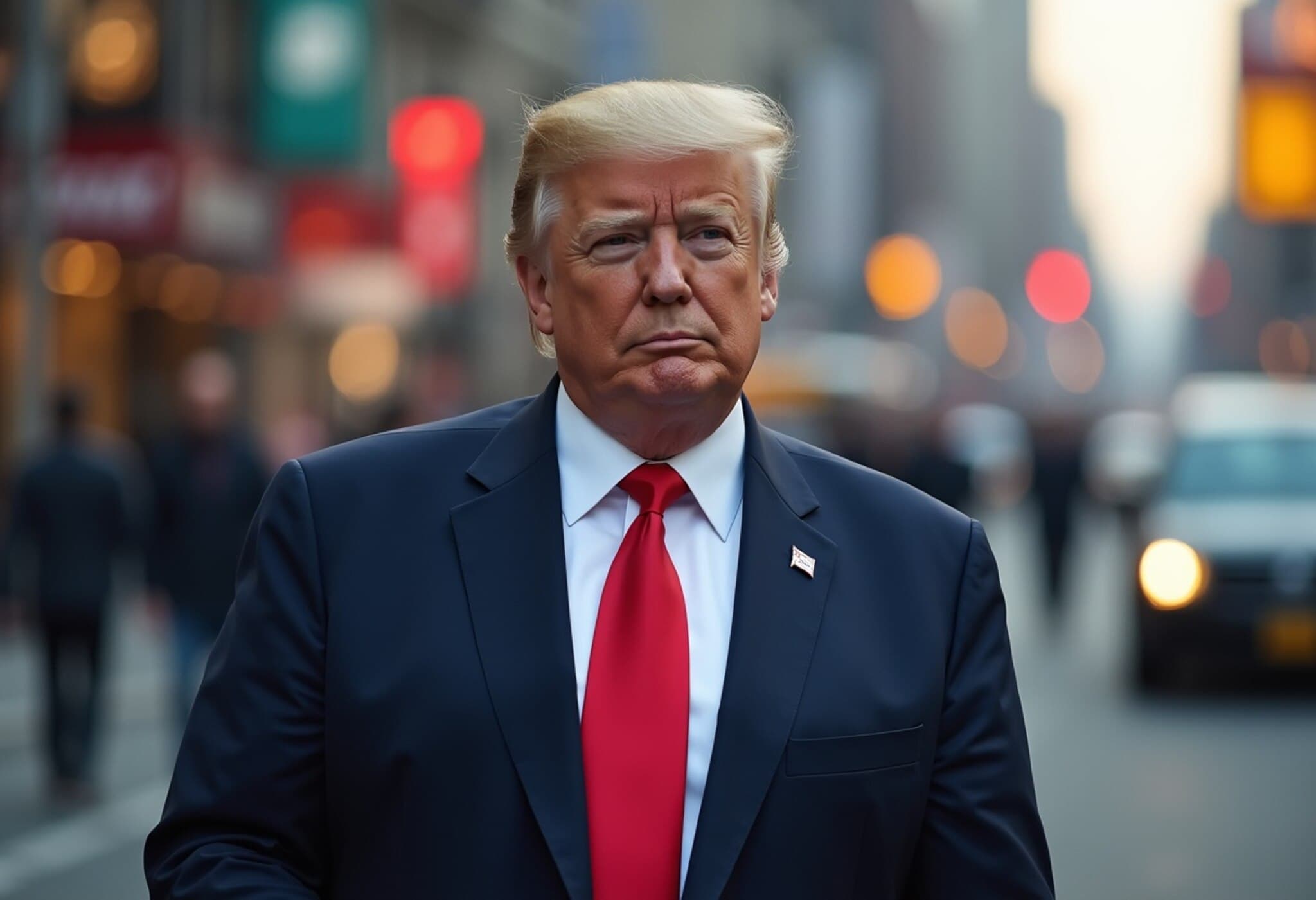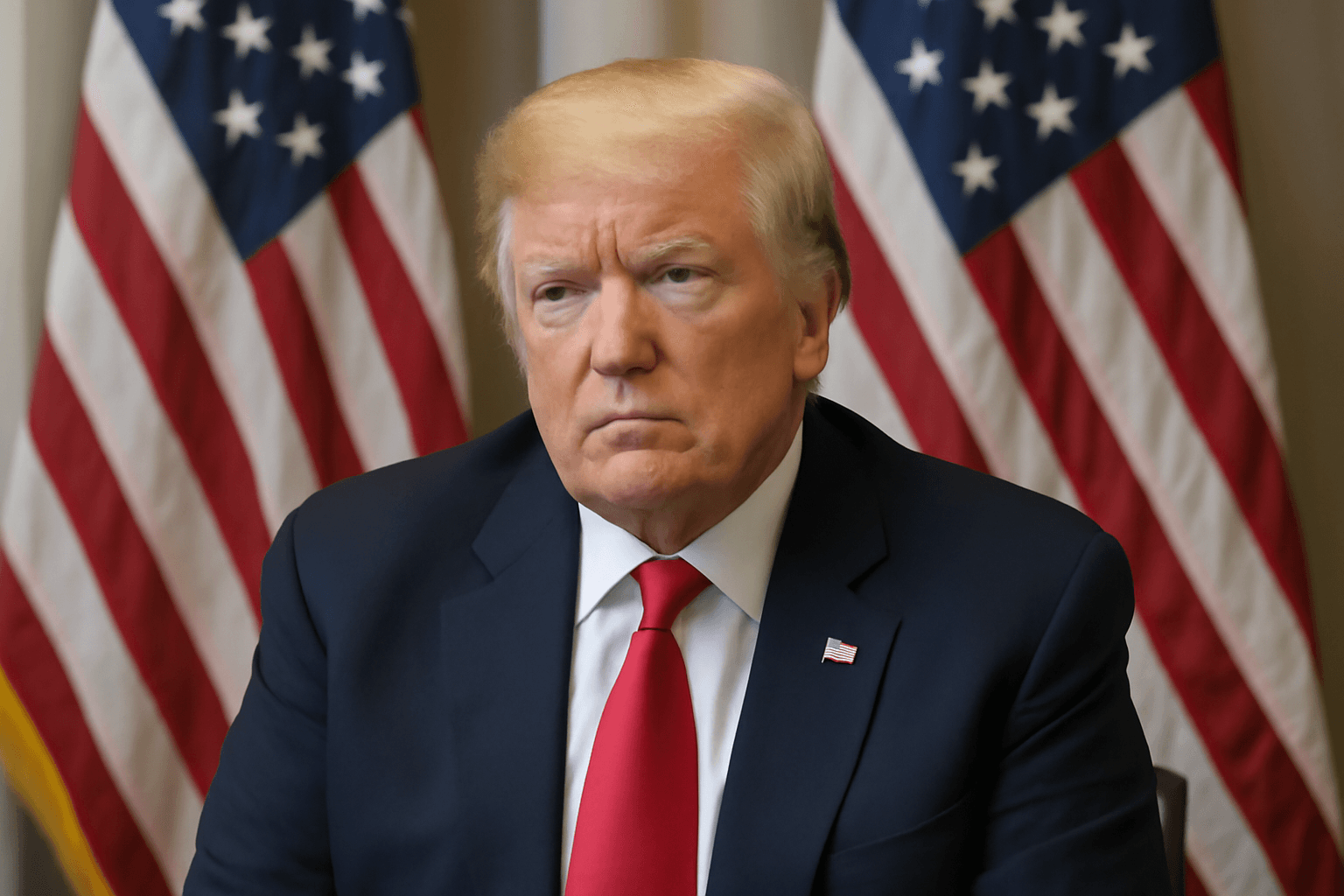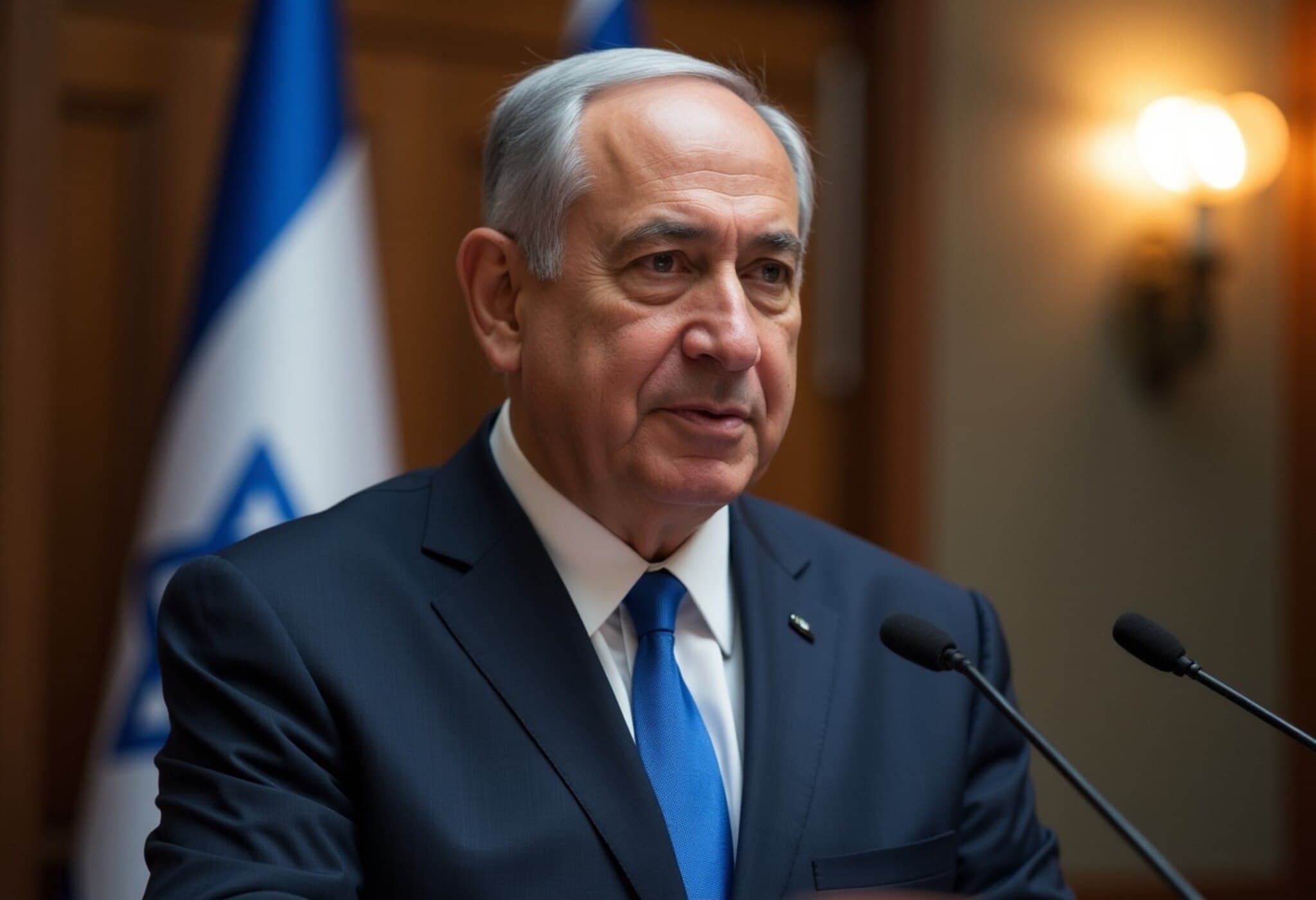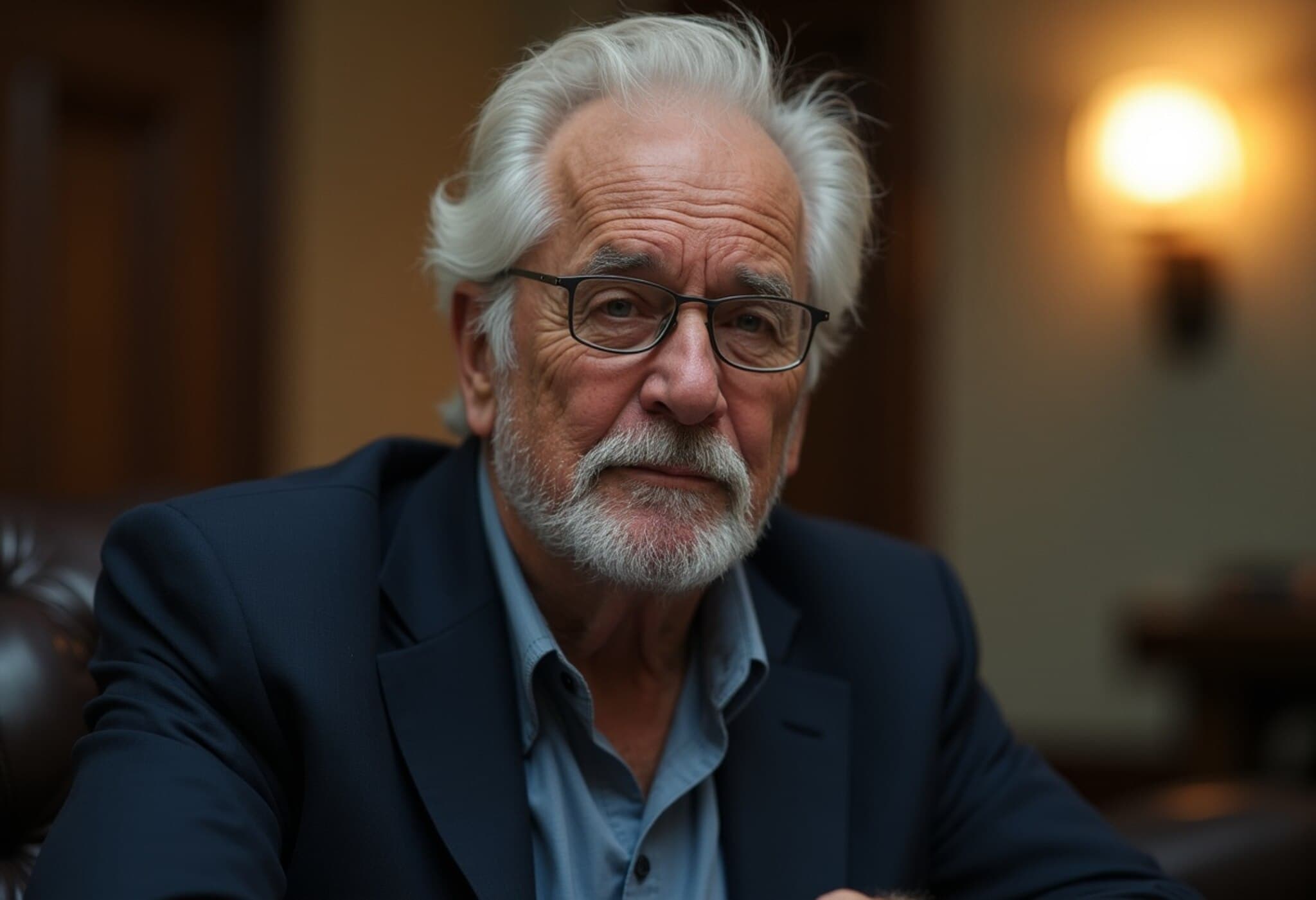US Government Rejects World Health Organization Pandemic Amendments
On July 18, 2025, the Trump administration officially announced its formal rejection of the World Health Organization's (WHO) recent amendments designed to strengthen global pandemic response measures. Citing concerns over national sovereignty and undue international interference, US officials underscored their position against binding international health policies perceived to limit American autonomy.
Background: US Withdrawal and WHO Amendments
Shortly after President Donald Trump's return to office on January 20, 2025, the administration reinstated the US withdrawal process from the United Nations health agency — a move signaling deep skepticism about the WHO's role in managing global health crises. Despite this, amendments agreed upon during the 2024 World Health Assembly in Geneva were expected to still apply to the US under prior commitments.
Key Figures Voice Firm Opposition
Secretary of State Marco Rubio and Health and Human Services Secretary Robert F. Kennedy Jr., both vocal critics of expansive vaccine policies, jointly issued a statement rejecting the amendments. They emphasized that the changes challenged the "sovereign right to make health policy independently" and risked "unwarranted interference" in American civil liberties, including speech and privacy.
“We will put Americans first in all our actions and we will not tolerate international policies that infringe on Americans’ speech, privacy or personal liberties.” – Rubio & Kennedy joint statement
What the Amendments Entail
The contested amendments sought to update the International Health Regulations (IHR), which form the legal backbone for containing infectious diseases globally. Among the measures was a commitment to solidarity and equity, particularly to support developing nations through future health emergencies via a newly proposed oversight group.
These amendments emerged after the World Health Assembly failed to finalize a comprehensive pandemic treaty, a broader and more binding agreement that faced heavy pushback from conservative factions internationally — especially in the US and UK — wary of ceding control to multinational governance structures.
US Stance During Prior Negotiations
Under the Biden administration, the US engaged in talks around the proposed treaty but withheld full support, demanding protections for American intellectual property, especially regarding vaccine development. However, former Secretary of State Antony Blinken had positively regarded the 2024 amendments as incremental progress toward global health collaboration.
Concerns Over WHO’s Political Neutrality
Rubio and Kennedy further criticized the amendments for insufficiently addressing WHO's vulnerability to political pressures. Highlighting concerns over perceived influence from China during health crises, they argued such susceptibility undermines the organization's credibility and hampers effective responses.
Expert Insight: Navigating National Sovereignty and Global Solidarity
As infectious diseases know no borders, the balance between maintaining national sovereignty and fostering international collaboration has become a critical debate. The US rejection of these amendments reflects broader skepticism in some quarters about global governance models that might compromise domestic policymaking and individual freedoms.
Health policy experts note that while sovereignty concerns are legitimate, undermining coordinated international responses could delay or weaken efforts to contain future pandemics, especially in an interconnected world. Moreover, the emphasis on protecting intellectual property rights highlights the enduring tension between innovation incentives and equitable access to life-saving medicines.
Underreported Dimensions
- Civil liberties vs. public health: The administration’s framing spotlights fears over overreach in speech and privacy but leaves unanswered how international guidelines might adapt to safeguard individual rights without hampering health measures.
- Developing countries' perspectives: The amendments’ focus on equitable support for poorer nations confronts stark global inequalities, often overlooked in Western policy debates.
- Geopolitical tensions: Accusations of Chinese influence within the WHO allude to broader rivalries that complicate international health diplomacy.
Looking Ahead: What This Means for Global Health Cooperation
The US’s firm stance adds complexity to the international community’s efforts to forge binding pandemic agreements. While protecting national interests remains a priority, global health experts warn that fragmented approaches risk weakening preparedness and prolonging crises.
As new variants and emerging pathogens continue to threaten public health, future negotiations will have to grapple with these delicate trade-offs, striving for frameworks that respect sovereignty while ensuring solidarity and timely action.
Editor’s Note
In rejecting the WHO pandemic amendments, the US highlights an enduring dilemma: how to protect national sovereignty without undermining collective action against shared threats. This confrontation invites reflection on the evolving role of global institutions in an era dominated by geopolitical rivalry and rising populist sentiments. Readers should consider how these dynamics shape not only international health policy but also the broader balance between freedom and responsibility in a pandemic-prone world.

